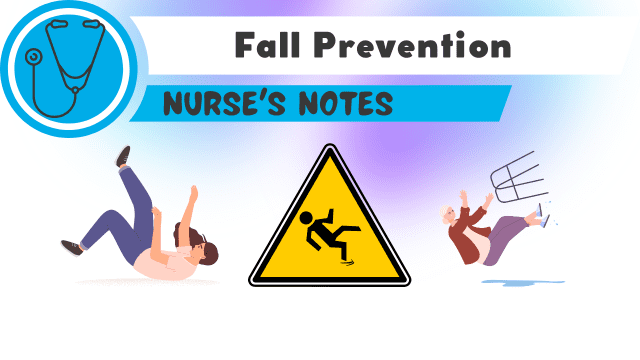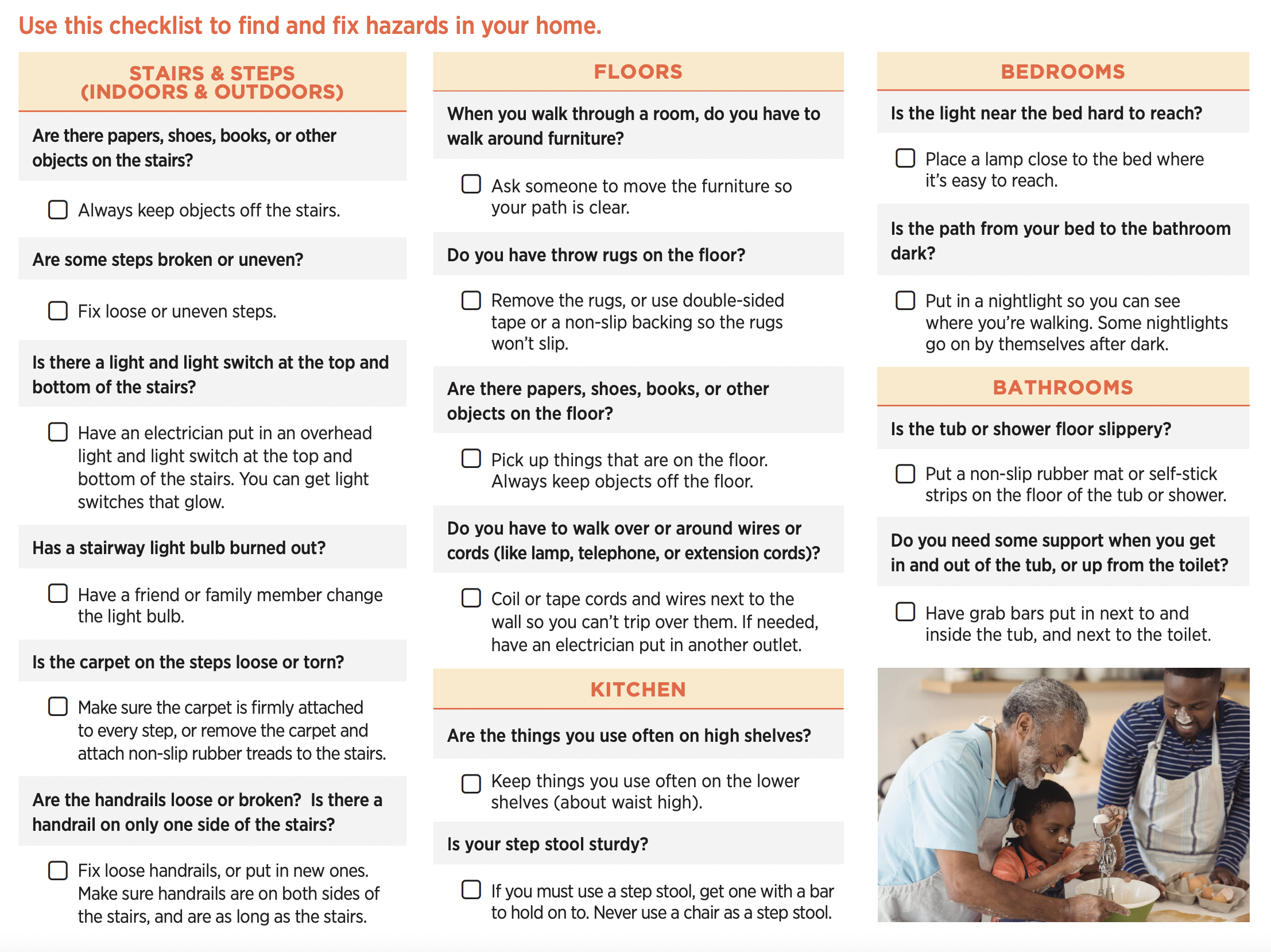The Facts About Dementia Fall Risk Uncovered
The Facts About Dementia Fall Risk Uncovered
Blog Article
Things about Dementia Fall Risk
Table of ContentsThe Basic Principles Of Dementia Fall Risk Things about Dementia Fall RiskUnknown Facts About Dementia Fall RiskThe Facts About Dementia Fall Risk UncoveredAll About Dementia Fall Risk
Make sure that there is an assigned area in your clinical charting system where personnel can document/reference scores and document appropriate notes related to drop prevention. The Johns Hopkins Loss Danger Assessment Device is one of numerous devices your personnel can use to assist prevent damaging medical occasions.Individual drops in health centers prevail and debilitating damaging events that linger despite years of effort to decrease them. Improving communication throughout the assessing registered nurse, care group, patient, and individual's most involved friends and household might enhance loss prevention initiatives. A team at Brigham and Women's Medical facility in Boston, Massachusetts, looked for to develop a standard fall prevention program that centered around enhanced interaction and client and family members engagement.

The advancement group highlighted that effective implementation depends upon person and staff buy-in, assimilation of the program into existing process, and integrity to program procedures. The team noted that they are facing how to guarantee connection in program implementation during periods of situation. Throughout the COVID-19 pandemic, for instance, a boost in inpatient drops was related to limitations in client involvement in addition to restrictions on visitation.
Fascination About Dementia Fall Risk
These incidents are generally considered avoidable. To implement the intervention, companies require the following: Accessibility to Loss ideas sources Autumn suggestions training and retraining for nursing and non-nursing staff, including brand-new registered nurses Nursing operations that permit client and household interaction to conduct the falls analysis, make certain use the avoidance plan, and conduct patient-level audits.
The outcomes can be very damaging, commonly speeding up client decline and creating longer hospital keeps. One research study estimated keeps boosted an extra 12 in-patient days after an individual loss. The Autumn TIPS Program is based on engaging people and their family/loved ones across three primary processes: analysis, personalized preventative interventions, and bookkeeping to guarantee that patients are taken part in the three-step fall avoidance process.
The person evaluation is based upon the Morse Autumn Range, which is a verified fall danger assessment device for in-patient medical facility setups. The scale consists of the six most typical reasons individuals in healthcare facilities fall: the individual fall history, risky conditions (consisting of polypharmacy), use IVs and various other exterior gadgets, psychological condition, stride, and movement.
Each threat element relate to several actionable evidence-based treatments. The nurse produces a strategy that incorporates the interventions and shows up to the treatment team, patient, and household on a laminated poster or published visual help. Registered nurses develop the strategy while consulting with the client and the individual's family.
Some Known Facts About Dementia Fall Risk.
The poster works as a communication tool with various other participants of the individual's treatment team. Dementia Fall Risk. The audit element of the program includes assessing the patient's knowledge of their threat aspects and avoidance plan at have a peek at this site the unit and medical facility levels. Registered nurse champs carry out at least 5 specific interviews a month with patients and their families to look for understanding of the autumn prevention strategy

An approximated 30% of these falls outcome in injuries, which can range in severity. Unlike various other adverse occasions that require a standard clinical feedback, autumn avoidance depends very on the needs of the person.
The Only Guide to Dementia Fall Risk

Based upon bookkeeping results, one Source website had 86% conformity and two sites had more than 95% conformity. A cost-benefit analysis of the Autumn pointers program in eight healthcare facilities approximated that the program cost $0.88 per client to apply and resulted in cost savings of $8,500 per 1000 patient-days in straight prices associated with the prevention of 567 drops over 3 years and 8 months.
According to the development team, companies curious about implementing the program ought to carry out a preparedness analysis and drops prevention gaps analysis. 8 Furthermore, companies need to make certain the required facilities and operations for implementation and develop an implementation plan. If one exists, the organization's Fall Prevention Task Force must be entailed in preparation.
The Best Strategy To Use For Dementia Fall Risk
To start, companies ought to guarantee completion of training components by registered nurses and nursing assistants - Dementia Fall Risk. Healthcare facility personnel should analyze, based upon the requirements of a medical facility, whether to use a digital health and wellness record hard copy or paper variation of the fall avoidance plan. Implementing groups ought to recruit and educate nurse champs and establish processes for bookkeeping and reporting on loss data
Team need to be involved in the procedure of revamping the operations to involve patients and family members in the evaluation and avoidance plan procedure. Systems needs to be in area to ensure that devices can comprehend why a fall happened and remediate the reason. Much more especially, nurses need to have channels to give ongoing responses to both staff and system leadership so they can change and boost fall avoidance operations and communicate systemic troubles.
Report this page